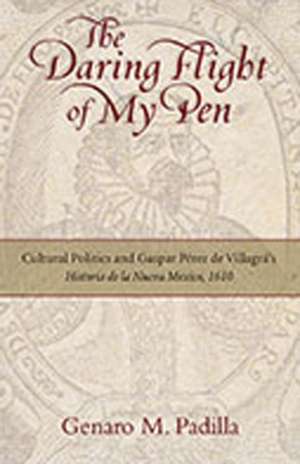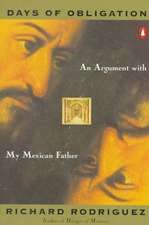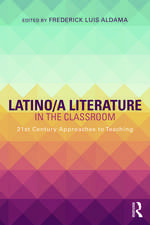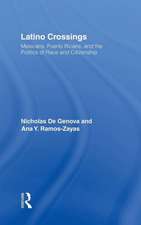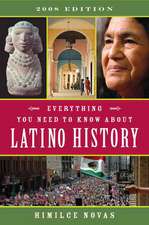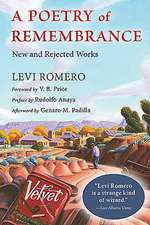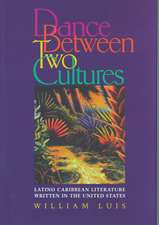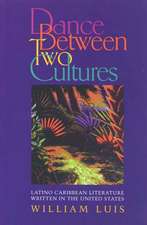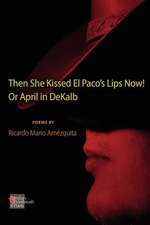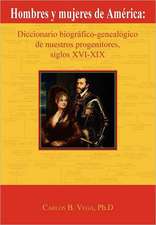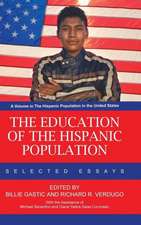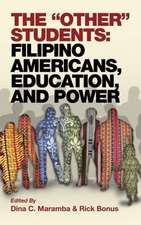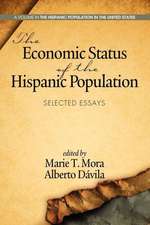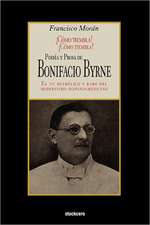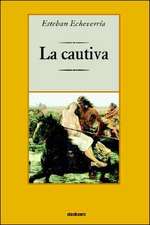The Daring Flight of My Pen: Cultural Politics and Gaspar Perez de Villagra's Historia de La Nueva Mexico, 1610
Autor Genaro M. Padillaen Limba Engleză Hardback – 28 feb 2011
Vezi toate premiile Carte premiată
Doomed from the beginning to be read as history rather than poetry, Gaspar P rez de Villagr 's "Historia de la Nueva M xico" chronicles Captain Juan de O ate's conquest of New Mexico from its inception in 1595 to the battle of Acoma in 1599. Its publication in 1610 was overshadowed by Cervantes's already wildly popular Don Quixote, and fewer than a dozen copies of the original have survived the last four centuries. In April of 1610, the same month that Villagr 's "Historia" was published in Spain, the once powerful O ate, the last conquistador and one who remains a divisive figure among native groups and Hispanics to this day, rode into Mexico City, humiliated, having been banished from la Nueva M xico.
In this engaging study Genaro Padilla enters into Villagr 's epic poem of the O ate expedition to reveal that the soldier was no mere chronicler but that his writing offers a subtle critique of the empire whose expansion he seems to be celebrating. A close reading of the rhetorical subtleties in the poem, Padilla argues, reveals that Villagr surreptitiously parodies the King and Viceroy for their failures of vision and effectively dismantles O ate as the iconic figure he has become today. Padilla's study is not simply a close reading of this challenging work; it is also a lucid critique of our modern engagement with foundational documents, cultural celebrations, and our awareness of our relationship with New Mexico's complicated multicultural legacies.
Preț: 237.93 lei
Nou
45.53€ • 47.66$ • 37.67£
Carte disponibilă
Livrare economică 17-31 martie
Specificații
ISBN-10: 0826349706
Pagini: 153
Dimensiuni: 160 x 234 x 18 mm
Greutate: 0.4 kg
Editura: University of New Mexico Press
Descriere
In this engaging study Genaro Padilla enters into Villagr 's epic poem of the O ate expedition to reveal that the soldier was no mere chronicler but that his writing offers a subtle critique of the empire whose expansion he seems to be celebrating. A close reading of the rhetorical subtleties in the poem, Padilla argues, reveals that Villagr surreptitiously parodies the King and Viceroy for their failures of vision and effectively dismantles O ate as the iconic figure he has become today. Padilla's study is not simply a close reading of this challenging work; it is also a lucid critique of our modern engagement with foundational documents, cultural celebrations, and our awareness of our relationship with New Mexico's complicated multicultural legacies.
Premii
- MLA Prize Honorable Mention, 2010
